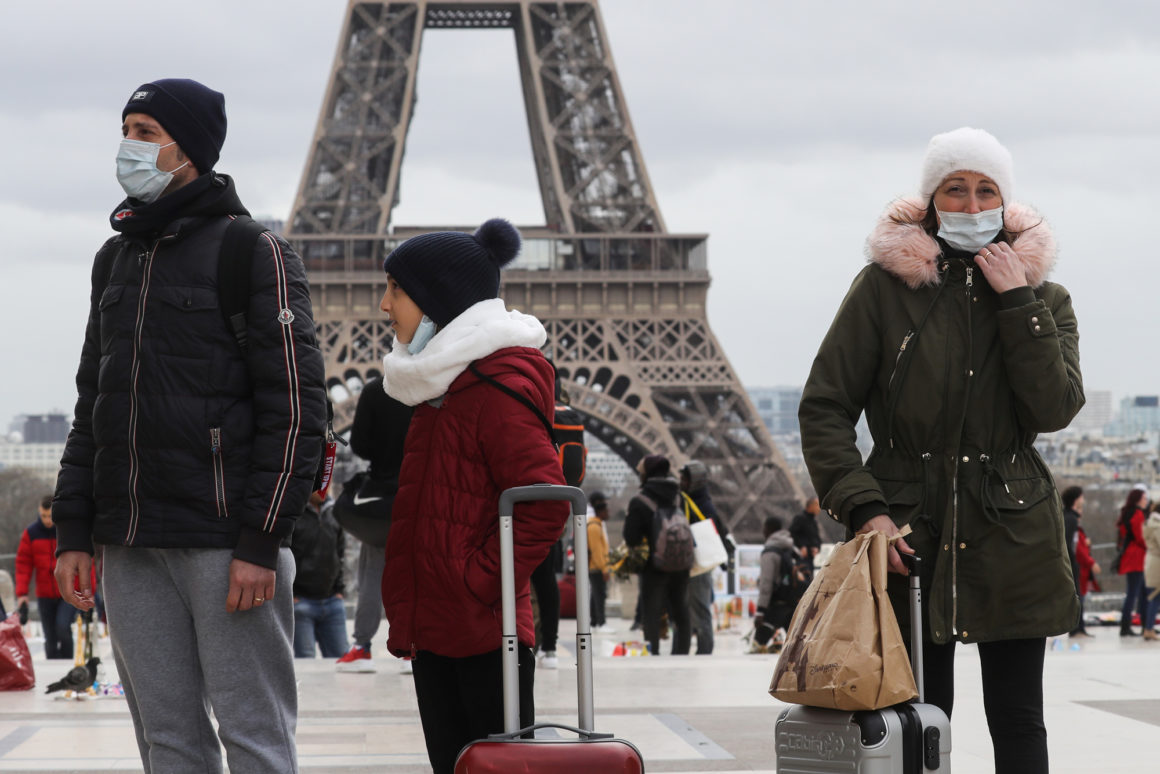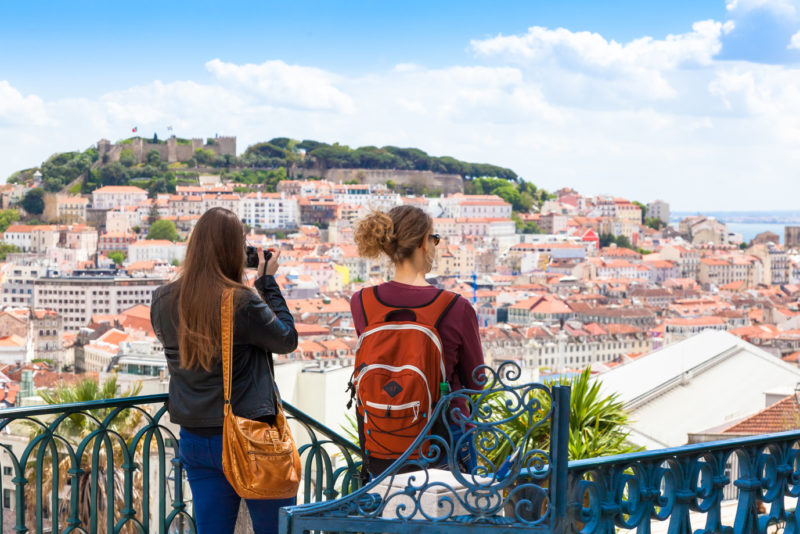
Trip Stacking Can Help With Planning During A Pandemic
This is called “trip stacking,” and it involves booking two or more trips in order to avoid getting stuck at home in case travel restrictions and closed borders end up ruining plans.
Adam Armstrong, CEO of Contiki Holidays, shared: “There’s never been a better time to book a holiday from a flexibility perspective. You can book a holiday, put a little money down, and see what happens.”
He continued: “This weekend I should have been going to Stockholm, however due to the restrictions in Stockholm, we’re going to London.” He said that his winter vacation plans include booking trips to either France, Austria, or Switzerland for skiing.
He said: “We just want to go away for that week, and these are options that could be easier or more complicated.” He called the upcoming plans as “semi-booked,” meaning flights and hotel reservations are refundable, in case anything should go awry. Armstrong said: “We’re betting on where we think we will want to go and what will be open at the time.”

Trip Stacking Involves Booking Multiple Trips Just In Case
Travelers who are detail oriented usually like to have backup plans, and this is a good strategy to employ if you want to hedge your vacation bets. The one major drawback is that this peace of mind can end up costing.
Reading the fine print is crucial, as you don’t want to end up being charged for a last minute change. Josh Bush, CEO of Avenue Two Travel travel agency says that anyone who wants to trip stack should do this with the help of. travel agent who is willing to triple check the terms and conditions before you solidify your bookings.
Bush said: “Terms and conditions have gotten more restrictive. Trip stacking becomes a little bit more onerous when that flexibility isn’t there. Think about whether or not a destination is more or less likely to have a knee-jerk reaction and close its borders.”
He continued: “When we’ve utilized the trip stacking strategy in the past, it was always with the full intention of doing both trips just at different times.”
Travel app Hopper has introduced new services that help customers manage travel disruptions, like one feature that allows canceled flights to be instantly rebooked on any airline. Hopper economist Adit Damodaran shared: “Travelers want more flexibility. They’re a lot more unsure about what travel is going to look like at the time of their trip versus when they’re booking it.”

Make Sure To Read The Fine Print When It Comes To Cancellations








